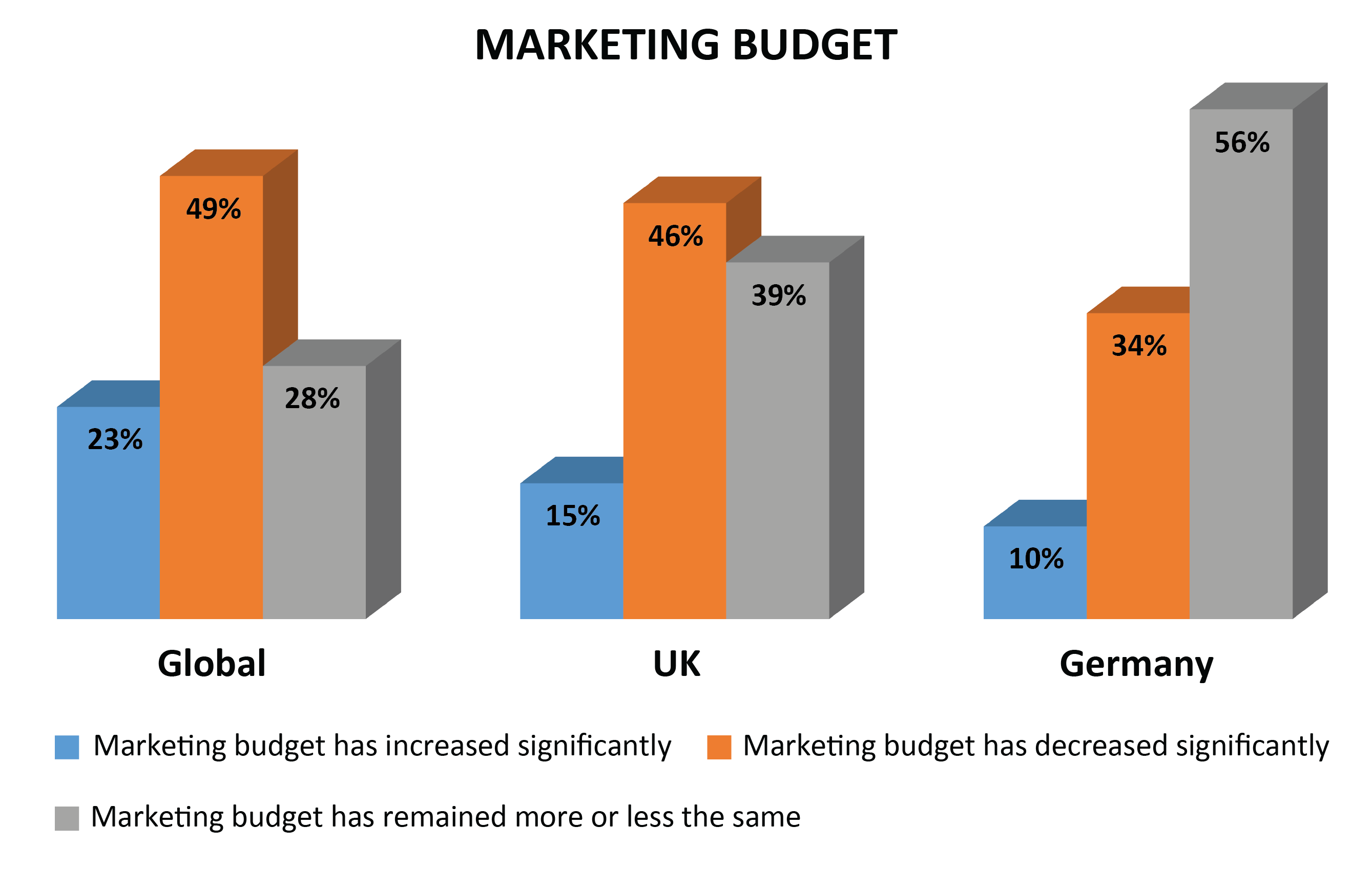Of the many changes the world has gone through in the past year since the start of the pandemic, consumer behaviour and evolving expectations from brands is an important one that is also critical for marketers and advertisers.
To understand how marketers have reacted to the effects of the pandemic and the resulting changes in consumer behaviour, over the last year, Borderless Access conducted an online study in Germany, UK, USA, India and Singapore and several countries in Africa and the Middle East. The study gathered responses from approximately 1000 respondents consisting of marketing and advertising professionals from different industries.
The study explores marketing activities and budgets, preferred marketing channels, perceptions, experiences, and implementation of traditional and digital marketing and advertising methods. In this blog, we talk about the findings of the two European markets and how they compare to the rest of the target markets in our study.
Implications of the pandemic on marketing activities
The most common reaction to the pandemic by marketers and advertisers was that they slowed down marketing activities to invest later. 42% of the audience in the UK and 38% in Germany said they had reduced marketing activities and would resume full-fledged activities once the atmosphere was more conducive. 43% of the global audience said the same. 30% in the UK also said they had stopped marketing activities all together while 28% in Germany said they were focussing more on digital marketing methods since the pandemic and 20% said they had increased their marketing budget.

The result of the change in marketing behaviour has naturally had an impact on the budget, with 46% of the UK audience saying their marketing budget had dropped significantly. The average across all markets in our study also stands at 49% as far as the drop in budget is concerned. However, Germany is an exception, where 56% of the participants said their marketing budget had more or less remained steady. Only 15% and 10% in the UK and Germany said their budgets had increased, which is lower than the global average of 23%.

Choice of marketing channels since the pandemic
Of the plethora of marketing channels, both traditional and digital, social media is the most popular globally, with 59% of the marketing and advertising professionals choosing it as their most preferred mode of marketing. This is followed by websites and online publications. Print media is among the least favoured marketing channel. Similar trends came out from the UK and Germany, with social media leading in the UK at 40% and online marketing on websites leading in Germany at 35%. The second most preferred marketing channel in the UK was websites (34%) while in Germany only 32% of marketing professionals stated social media as their second most preferred marketing method. Notably, television is the least preferred channel in Germany, at only 10% whereas in the UK, it is radio, at 14%.

Ironically, both in the UK and Germany, the second most preferred channel of marketing is the one that yields the best ROI and the most preferred channel yields the second-best ROI.
In terms of ROI, traditional forms of marketing performed well in both countries, especially considering they are preferred by very few marketers at present. 37% and 20% in the UK and Germany respectively, said television yielded good ROI and print media was picked by 21% of the audience in Germany.

Perceptions about traditional and digital channels of marketing
The majority of marketing and advertising professionals in the UK (50%) said that traditional marketing channels still have a relevant place and they should not be disregarded just yet. 18% also feel that digital is at present only suited to market to younger audiences. In Germany, 44% of the audience felt that traditional marketing methods continue to be relevant and should not be abandoned just yet. At the same time, 17% of the German audience feel digital is predominantly relevant for younger audiences and 12% feel digital marketing is too often confused with social media marketing alone.

Approximately 25% of the audience in both the UK and Germany feel digital marketing is more prevalent now compared to before the pandemic. Interestingly, in the UK, 33% of marketers felt the reliance on digital has increased significantly. 15% even said that the pandemic has meant the end of traditional means of marketing. In contrast, 21% of German’s felt that the balance between traditional and digital marketing methods, skewed by the pandemic, will be normalised over time.

Concerning digital media, the most common concern among marketers and advertisers is social media misuse. 36% of the UK marketers and 29% German marketers felt this was problematic, while 21% and 27% of the UK and German marketing professionals, respectively, also felt that digital media is often confused with social media alone.

Elements considered important for digital marketing
Globally, social media presence is considered by the majority of marketers and advertisers (53%) to be the most critical aspect of digital marketing. However, in the UK and Germany, while social media presence is considered important (43% in the UK and 35% in Germany), other areas of digital marketing also hold significant importance. Email marketing leads in the UK (50%), while it comes a close second (34%) to social media in Germany. In Germany, only 7% of the audience felt SEO is critical and only 6% in the UK consider AR/VR to be an important part of digital marketing strategy.

The future of marketing in Germany and the UK
Globally, digital marketing, excluding social media marketing, is considered to be the future of marketing. Social media, mobile marketing and marketing on OTT platforms follow next. The same trend is observed among marketers in the UK and Germany as well, where the trend points at a significant interest among marketers towards digital marketing, including social media and mobile marketing as well as emerging channels such as OTT platforms.

The digital impact of the pandemic on marketing
It is clear from the study that the pandemic certainly accelerated the adoption of digital marketing trends in both the UK and Germany. At the same time, both markets have their own unique leanings towards the adoption of various marketing methods. Social media marketing is more prevalent in the UK compared to Germany, while the latter is comparatively less reliant on social media, focusing more on other forms of digital media. Marketers in both countries focus less on traditional channels, however, it can be seen that channels such as television, print media and even radio are being considered effective means of marketing and communication.
Marketers in both European countries have adapted well to the change in the environment brought by the pandemic. They also have an open mind to adopting newer methods of marketing. At the same time, it should be kept in mind that traditional forms of communication can still be effective tools to interact with consumers.
For more consumer and B2B insights, connect with Borderless Access and subscribe to our blog.









